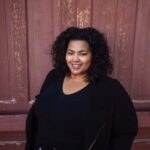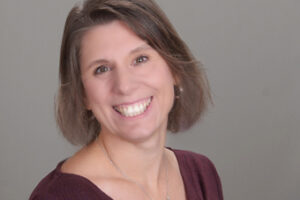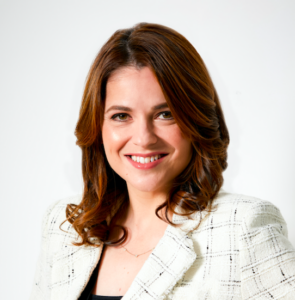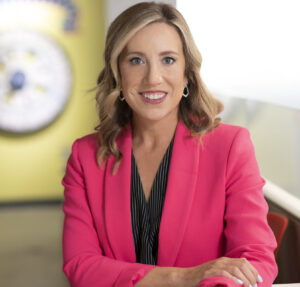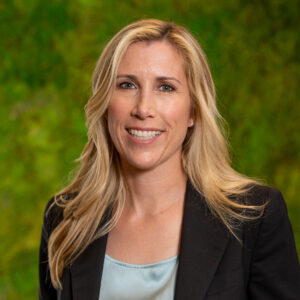6 questions with: Caitlin Copple of Full Swing Public Relations
Caitlin Copple shares her philosophy for achieving ambitious goals.
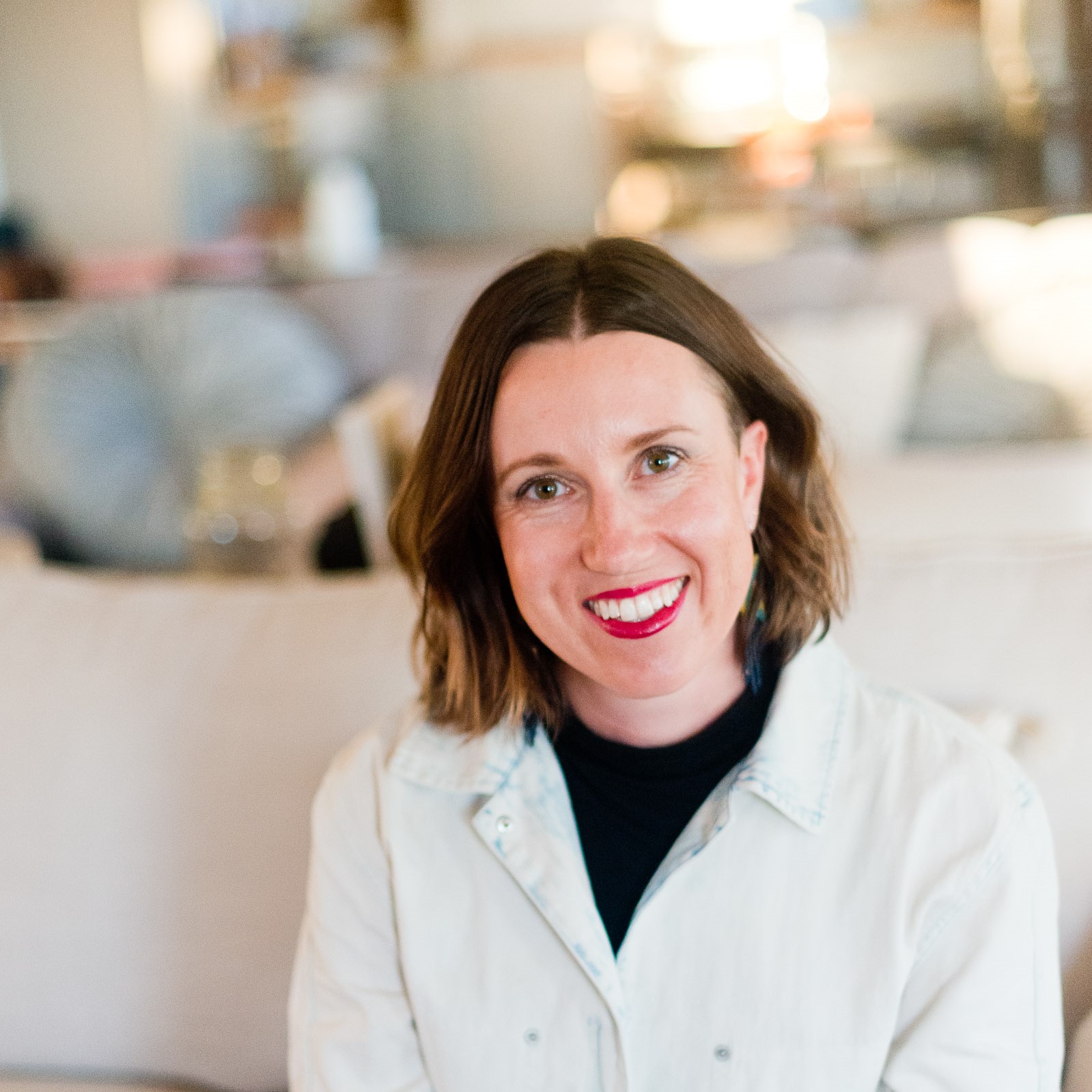
Caitlin Copple is the founding partner of Full Swing Public Relations, a dynamic firm headquartered in Boise, Idaho. Full Swing PR is driven by a mission to amplify the voices of underrepresented leaders, ensuring they receive the visibility and recognition they deserve, ultimately reshaping the narrative of humanity.
With more than a decade of experience, Copple’s media placements have included Fast Company, Forbes, TIME, and The New York Times, among others. She led successful communications efforts for Boise’s first female mayor in 2019 and co-founded Electable, an online community empowering women in local public office. Notably, she was the first openly LGBTQ person elected to the Missoula, Montana City Council in 2011. Her achievements have garnered recognition, including being named among Idaho’s Accomplished Under 40 and honored as one of the Idaho Women of the Year.
Copple’s experience, successes, life lessons and groundbreaking achievements have shaped her into a resilient leader.
We caught up with Copple to get her thoughts on the future of the communications industry.
What book, podcast or other media do you recommend to other comms pros?
Rachel Rodgers’ You Shall All Be Millionaires is a must for comms pros who are considering starting their own agencies or even just dipping a toe into freelancing. It’s important for comms professionals, especially those from underrecognized backgrounds, to consider if being self-employed is a good path for them. As a queer woman in a deep-red state, I never thought of myself as a business owner. Taking that leap allowed me to choose who to work with, what work to do, and focus my impact on where I want while also designing the life I want for my son and myself.
I also find Gini Dietrich’s Spin Sucks Podcast helpful for communicating the value of PR to my clients. Her PESO (which stands for Paid, Earned, Shared, Owned media) model succinctly demonstrates the relationship between various media. The model highlights that publicity can be far more impactful as part of an integrated marketing strategy that sets your business up to make sales. Full Swing PR mostly works with businesses between $2 million and $10 million, so the owners and leaders are still very focused on seeing a sales ROI for their PR spend. An integrated strategy will amplify clients’ PR success and can turn a win from lasting five seconds into five years.
What’s your favorite tool you use regularly for work?
We recently purchased a subscription to Muck Rack and it is a major improvement. Muck Rack’s capability to search articles and Tweets in addition to the basic reporter search will help our team find mutually beneficial relationships between our clients and journalists.
I also love Asana, the project management software. It’s incredibly helpful to have a sense of not only what I’m working on, but what the rest of my team is working on. As an agency owner, I appreciate being able to see how tasks are moving us toward higher-level KPIs for our clients and our own business.
Lastly, I’m a big fan of BombBomb. This software allows you to record short clips that can be easily shared and embedded in emails, making them much less boring. It’s a great relationship-building tactic with clients.
What excites you most about the future of communications?
I’m heartened to see the increase in brand activism. It’s not all perfect, but it’s an attempt. When businesses big and small recognize their power to fill the gaps that the government is too polarized or too slow to do, we can make life better for a lot of Americans. And when we as communications professionals uplift the businesses doing this work, we broaden their impact and help work toward a more representative democracy.
Likewise, while there are a lot of concerns about the impact of social media, particularly on youth, I do appreciate that it democratizes access to entrepreneurship and communications. More people can now build a platform who have not had the same access to opportunities to build wealth. I appreciate that social media allows underrecognized leaders the ability to discover content creators who reflect our experience and that we now have access to more ways to build a business that doesn’t fit the traditional model.
What communications challenge keeps you up at night?
The hyperpolarization and underfunding of the news media, especially local and watchdog journalism where I began my career. Current algorithms make it very easy to find people and news that cements what we already believe, keeping us in a bubble of comfort. This is harmful to our democracy. As someone who believes in the promise of America to one day build a truly multiracial democracy, our democracy should be reflected in our media landscape. When people from many backgrounds are acknowledged as leaders and experts and able to fully participate, we can begin to heal and restore democracy.
What’s the biggest challenge you’ve overcome in your career?
When I was 27 years old, I became the first openly queer city council position in Missoula, Montana. I ran against an anti-gay incumbent, who had voted against the LGBTQ+ nondiscrimination ordinance I’d helped pass as an activist. I faced an uphill battle, but I won. One throughline in my career is that I have always bitten off more than I could chew and trusted myself to figure it out. I’ve always found people willing to help me learn what I don’t know and get where I’m trying to go. While I’m not an elected official anymore, the experience validated that I can take a stab at big things and, as long as I stay open to learning, I can achieve even the most ambitious goals.
What is the best advice you’ve ever gotten?
The answer is always “no” if you don’t ask. You miss every shot you don’t take. When it comes to pitching or business opportunities, it’s important to take calculated risks. It’s often worth reaching out – politely, of course. The worst someone can say is “no.” I advise my clients, staff, and my own kiddo to get comfortable with “no,” both hearing it and saying it.
Isis Simpson-Mersha is a conference producer/ reporter for Ragan. Follow her on LinkedIn.

